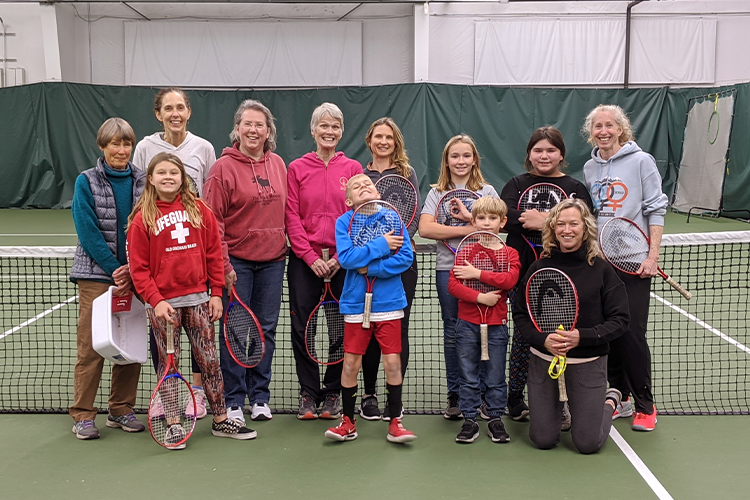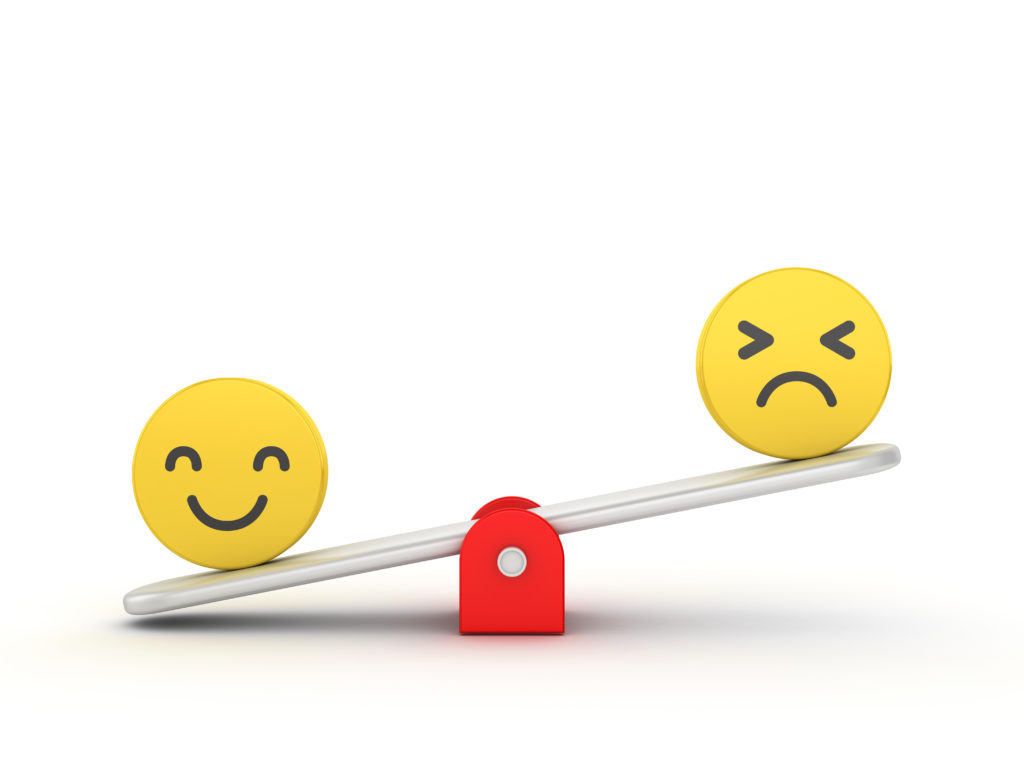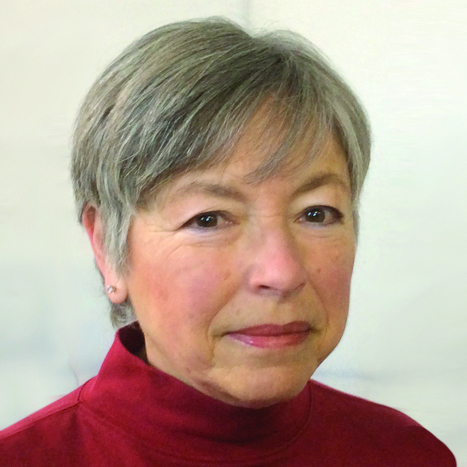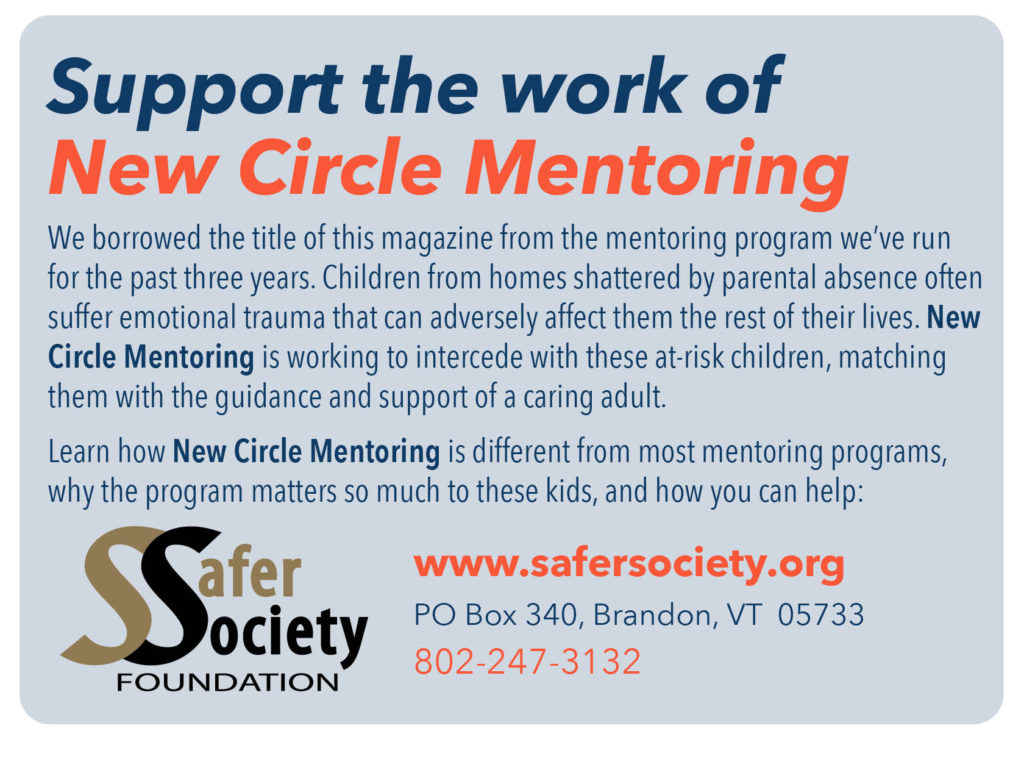Broadening the Context of At-Risk Children’s Lives
By Mary Falcon, Safer Society Executive Director
When The New Circle editorial team voted to make “context” the theme of the October issue, I decided that the best way to address the subject as it relates to mentoring would be to discuss it with the directors of Safer Society’s New Circle Mentoring program, which serves at-risk children in Central Vermont—Dottie Neuberger, Clinical Director, and Erika Linskey, Program Director. Here then, is an abbreviated transcript of our conversation:
Mary: It is our shared view that one of the goals of a mentoring program for at-risk children should be to empower its mentees with the resilience to cope with difficult and challenging social interactions in general and dysfunctional and disconnected family environments in particular. One of the key ways that Safer Society’s mentoring program seeks to achieve that goal is by broadening the context of our mentees’ lives and enabling them to experience positive social interactions—and build positive connections—with the wider community around them. So I’ll start by asking this question: Community connection is important for all children, but why does it play such a major role in our mentoring program?
Dottie: Because for many at-risk children, especially those in rural communities like ours, their families are disconnected from the community. Not only are they disconnected, but they often also consider the community the enemy rather than a source of support. Even in rural communities, older children and adolescents can find ways to develop social connections outside the family, but, aside from going to school, there is no way young children, such as those in our program, can participate in community activities without their families. Of course, our mentors cannot involve themselves with or solve family problems, but what they can do is help their mentees form the kinds of connections outside the family that enable them to experience the community as a supportive place, and learn to view the community in a positive light.

Mary: Covid notwithstanding, American children spend much of their time in school, so they at least get that opportunity to have experiences outside the family.
Dottie: Yes that’s true, but remember this. Many preschool age children in dysfunctional families learn that the only way to get their parents’ attention is through bad behavior. And to a young child, negative attention from a parent is better than no attention at all. So by the time they get to school age, they have developed disruptive or harmful behaviors that result in negative feedback from teachers and peers in school. Most of the children who are selected by the Vermont Department of Children and Families and/or the Addison County Counseling Service to attend our mentoring program come to us with suspicious attitudes and antisocial behaviors that can take years of mentoring to unlearn. Part of our job as mentors is to find ways to counterbalance our mentee’s negative experiences, often prompted in part by their own negative or problematic behaviors, with positive experiences in—and positive feedback from—the community. One of those ways is to set up structured activities that give our mentees opportunities to be successful in social situations.
Erika: Another way we meet that goal is that our program itself has developed into a community to which every mentee belongs. Through regular group activities we provide mentor-mentee matches with opportunities to socialize with other mentor-mentee matches in a supportive environment.
Mary: Two recent activities that I thought were terrific were the series of group tennis classes at Middlebury Indoor Tennis and the cooking school event at the Hannaford Career Center, where the mentees worked together with the chef to prepare and serve a dinner to the mentors.

Erika: Interestingly, while we view those types of events as important social learning opportunities for our mentees, some of our mentors find those large group events more challenging than the individual mentor-mentee activities.
Mary: Why is that?
Erika: I think it’s because the mentors find their mentees’ behavior hard to manage in those situations. But unlike the one-on-one activities, these large group events lessen the mentors’ ability to manage their mentee’s experience. They’re uncomfortable with the lack of control. Nonetheless, they do agree with us that these events are exactly what the mentees need to learn appropriate social behavior.

Dottie: Yes. A common problem that we talk about in mentor group meetings is that when their mentees screw up they feel like they screwed up. And every parent has had that feeling. Your child tosses things out of the cart in the grocery store and you’re like, honest folks, this kid isn’t mine. Well, the kid is yours, but you’re not the one who threw stuff on the floor. Mentors have to learn to maintain a little objectivity. I ask them to keep telling themselves, I’m trying to help this child learn to do things differently.
Erika: Another aspect of the challenge of large group events to mentors is that it is hard to watch a mentee struggle through something or walk away feeling negative about the event instead of accepting it as a learning experience. Like caring parents, mentors want to provide experiences that make their mentees feel a hundred percent successful. They feel that it’s their role to provide positive experiences because these kids’ lives are so difficult and traumatic. Of course, they also know it is important to help their mentees learn the social skills they need to make it in the world.

Mary: I guess it’s a balancing act, with mentor-mentee relationships starting out as fun and easy. Over time, as the trust between them grows, the mentor can introduce the mentee to more challenging experiences as the mentee’s fear of failure diminishes and openness to learning new ways to behave increases.
In closing, to bring the conversation to the present, what kind of impact is Covid having on our goal of broadening the context of our mentees’ lives through positive connections with the wider community?
Dottie: This Covid thing has really put the kybosh on all mentoring, not just our program, because the last thing we need is for a mentor or a child to get Covid. We’ve got to get through this, assess the damage, and figure out how to move on.
Mary: I understand that all of our mentors and their mentees’ guardians are eager for mentors to start seeing their mentees again and all of them have signed our Covid waivers allowing mentors to visit with their mentees in person under limited circumstances. Fortunately for us, the Covid case count in the state of Vermont is among the lowest in the country, so at the moment, our plan is to move steadily, but cautiously, back to operating the way we did before the pandemic. I’ll end this conversation with a thank you to both of you for zooming with me this morning.
And I will end this article with a message to the readers of this issue of The New Circle who are interested in mentoring: Note that the goal of broadening the context of at-risk children’s lives may not be as important to other mentoring programs as it is to Safer Society’s program. That’s because the population served by our program consists of young children—starting in the program at age 6, 7, or 8—in a low-income rural county in central Vermont. Our mentees’ family lives have been chaotic and dysfunctional—due to parental violence, and/or substance abuse, and/or incarceration. During the short span of their lives, each of our mentees has been living sometimes with one parent, sometimes with the other parent, sometimes with a grandparent or other relative, or has been, as the head of CSAC put it, “bouncing around the foster care system, never staying very long in one place.”
Mentors cannot change their mentees’ living environments, but what they can do is counterbalance their young charge’s experience of the world as nothing but negative with the reliable support of one caring adult, positive social interactions, and positive connections with the wider community around them. And that is why the isolation due to the pandemic has been such a setback for us. It is the kind of problem that one individual program cannot solve—we can only try to work around it as best we can. In the next Issue of The New Circle, the mentoring article will be about a different mentoring program.

Mary Falcon
Mary considers the New Circle Mentoring program and The New Circle magazine her two greatest accomplishments as executive director of Safer Society Foundation, a position she has held since 2014. Except for the two years she spent overseas at a US Army base teaching adult education, her entire professional career has been in book publishing, from marketing to book acquisitions and development at Random House, Harper Collins, Houghton Mifflin Company, and Safer Society Press. Although she quit New York City life 18 years ago to live in rural Vermont, her language has been known to revert to its Bronx roots when she gets riled up.


